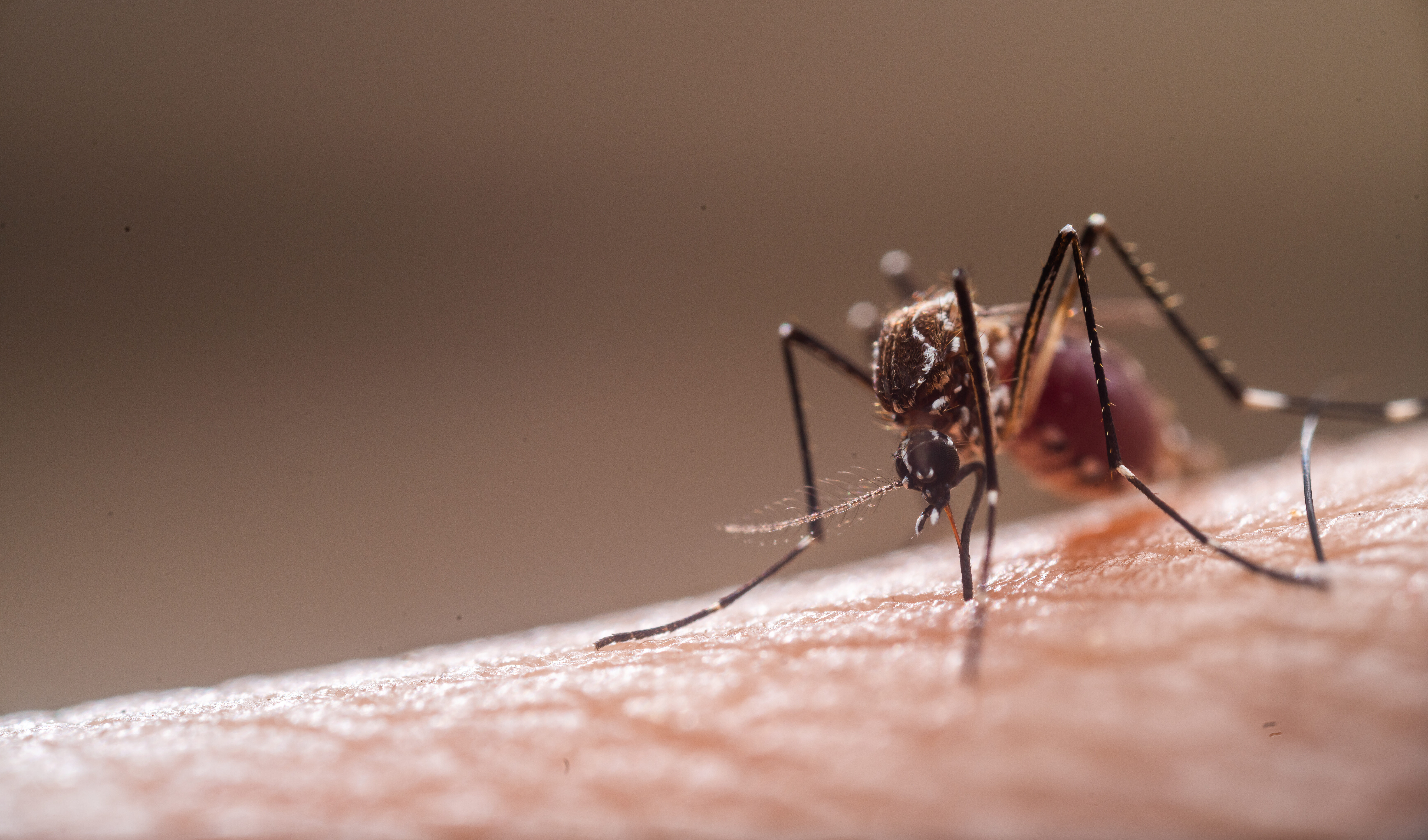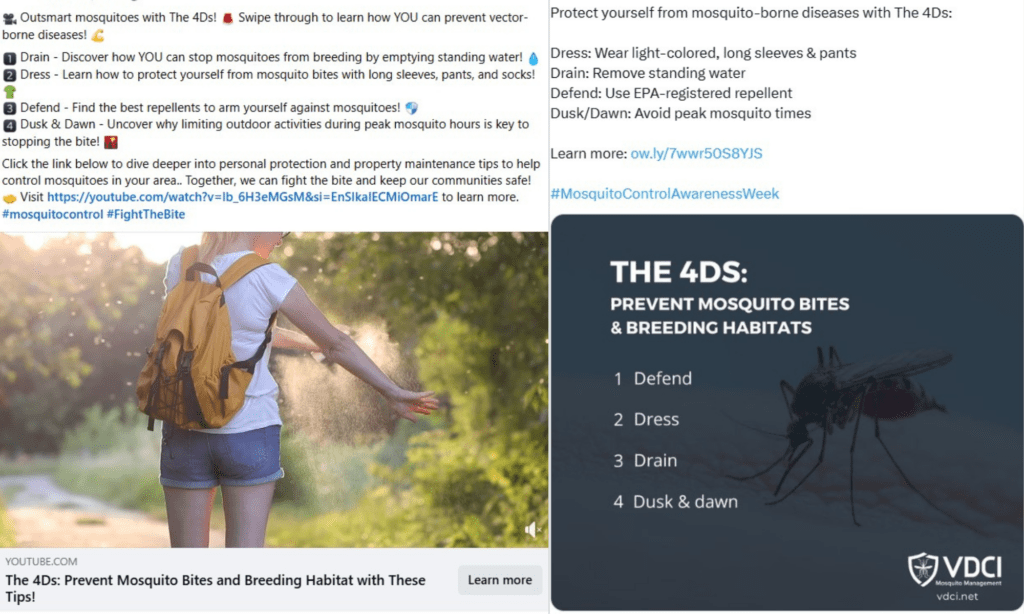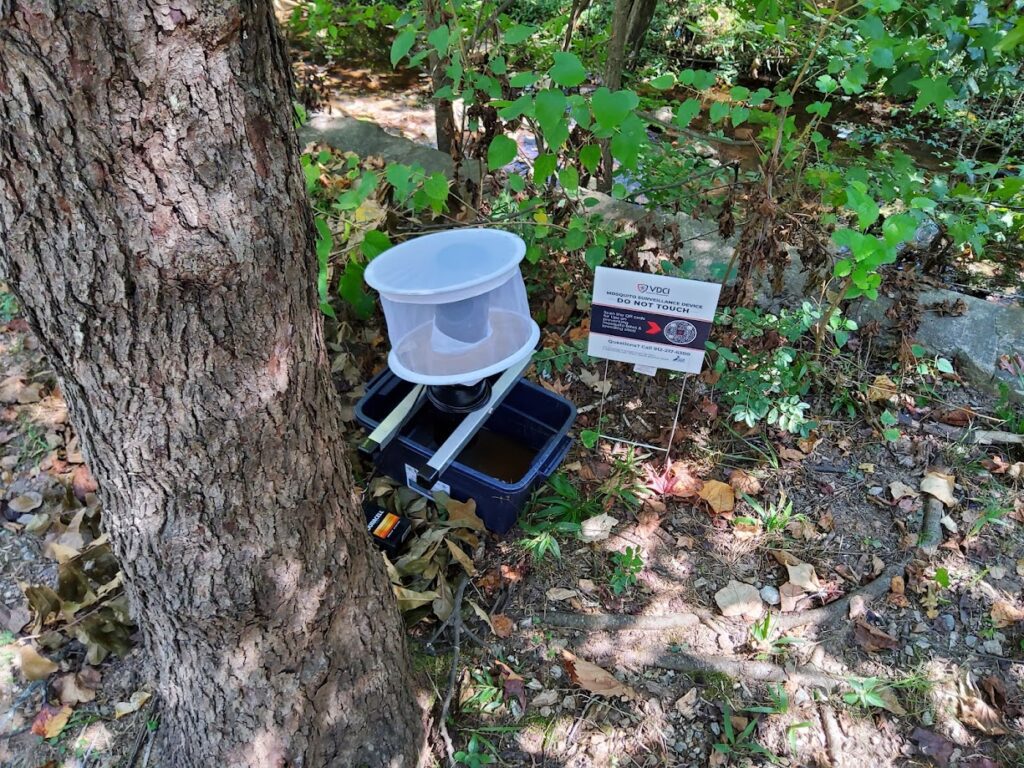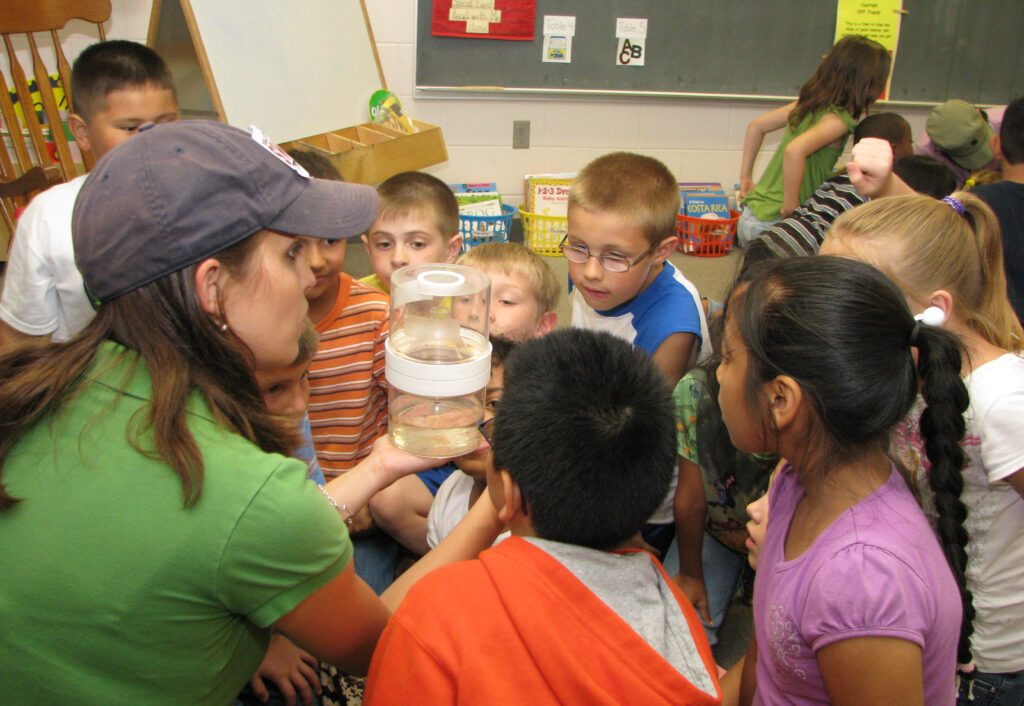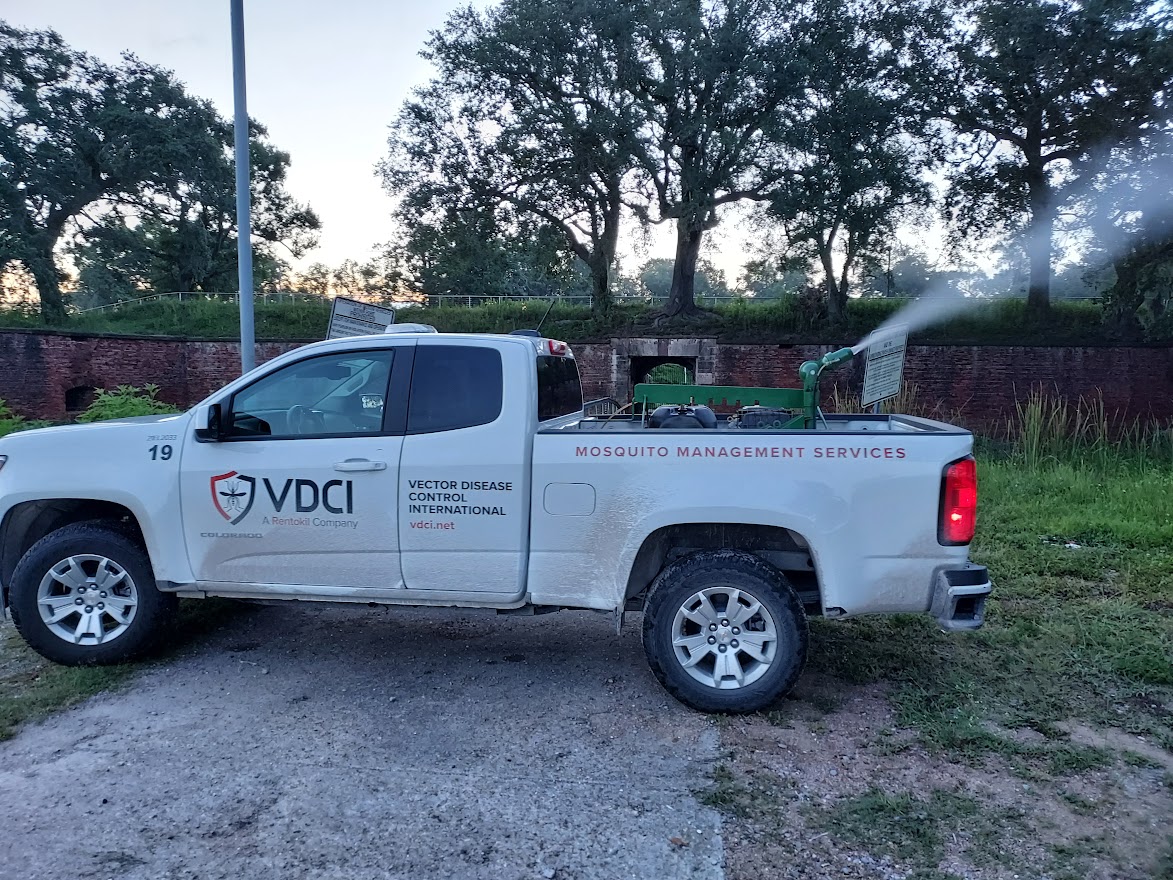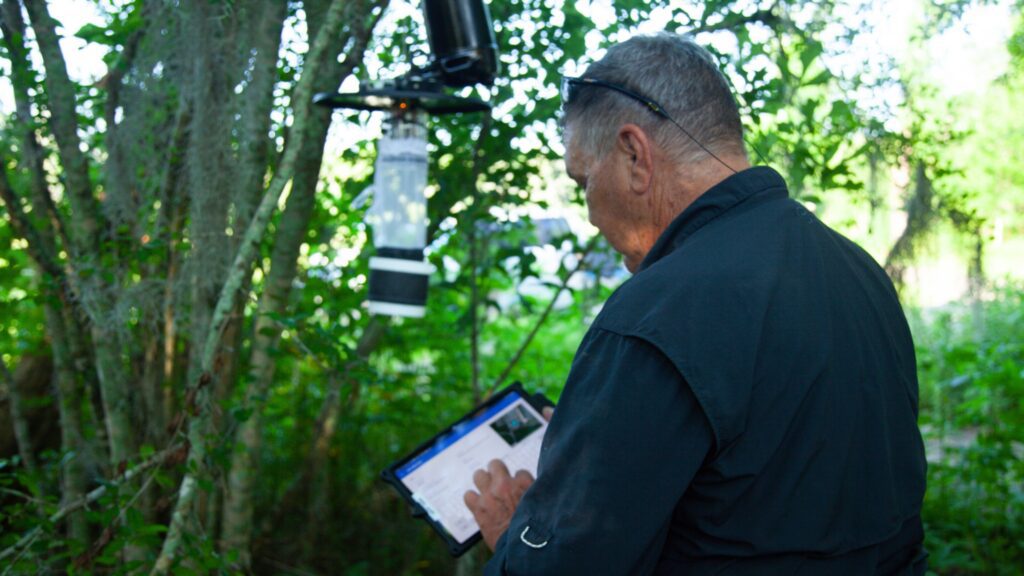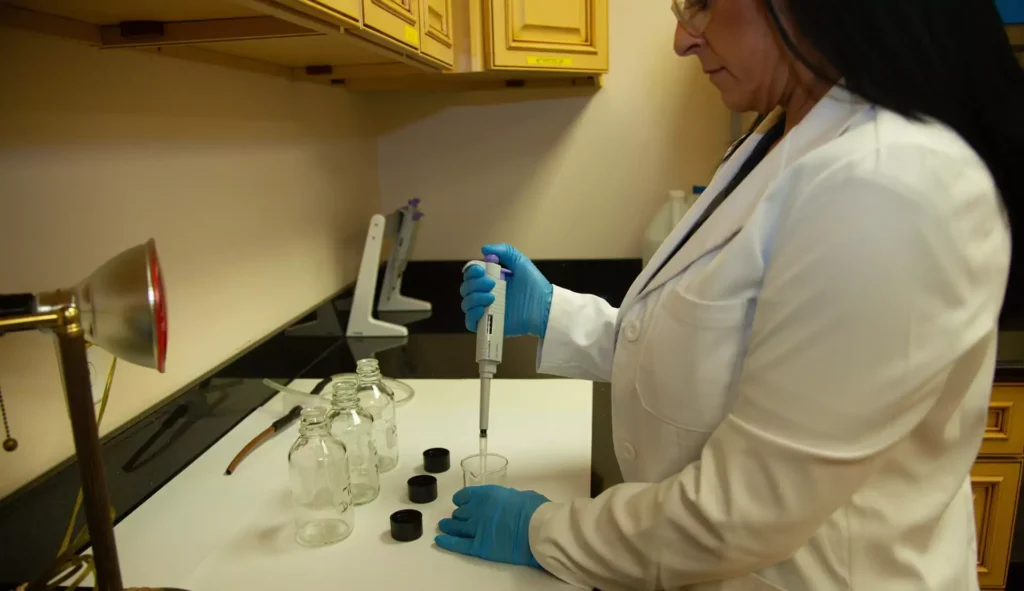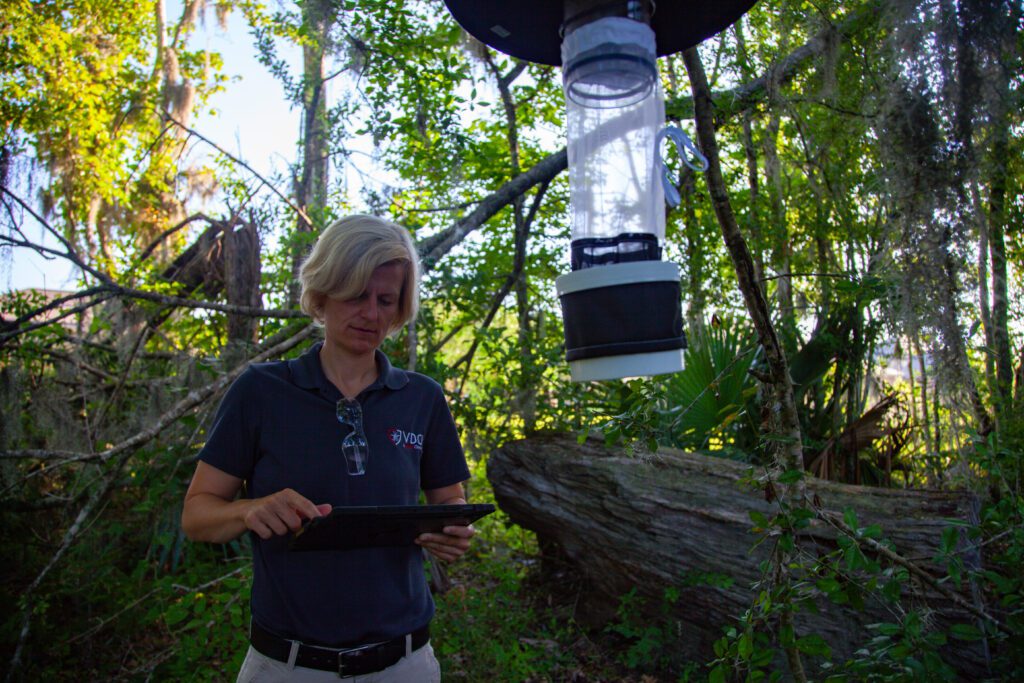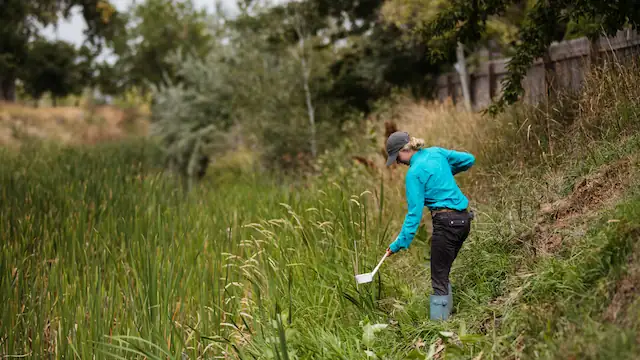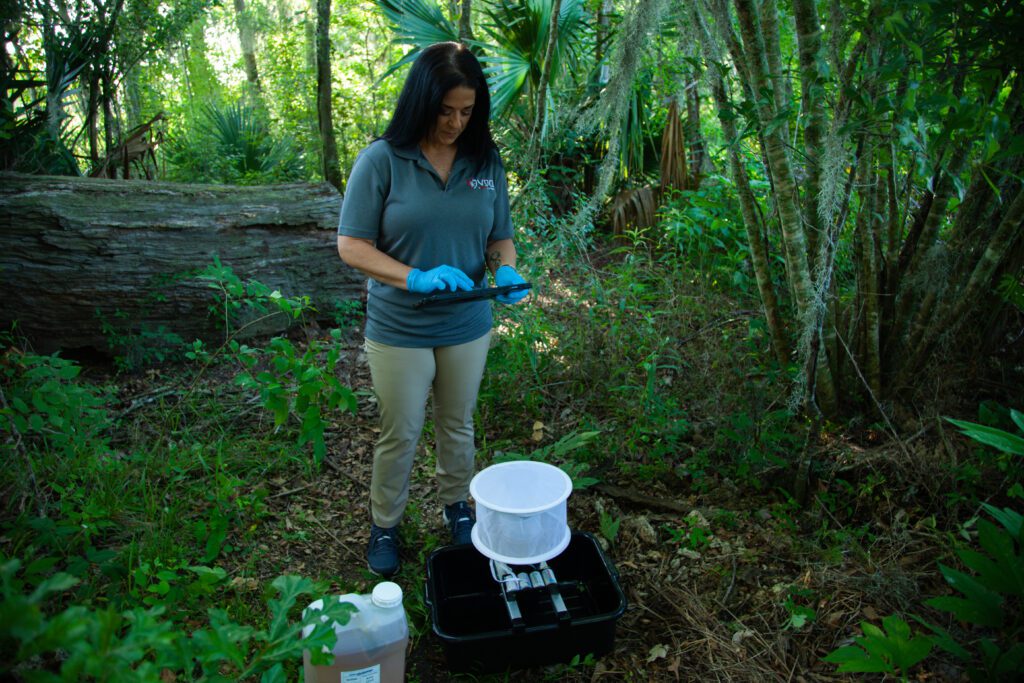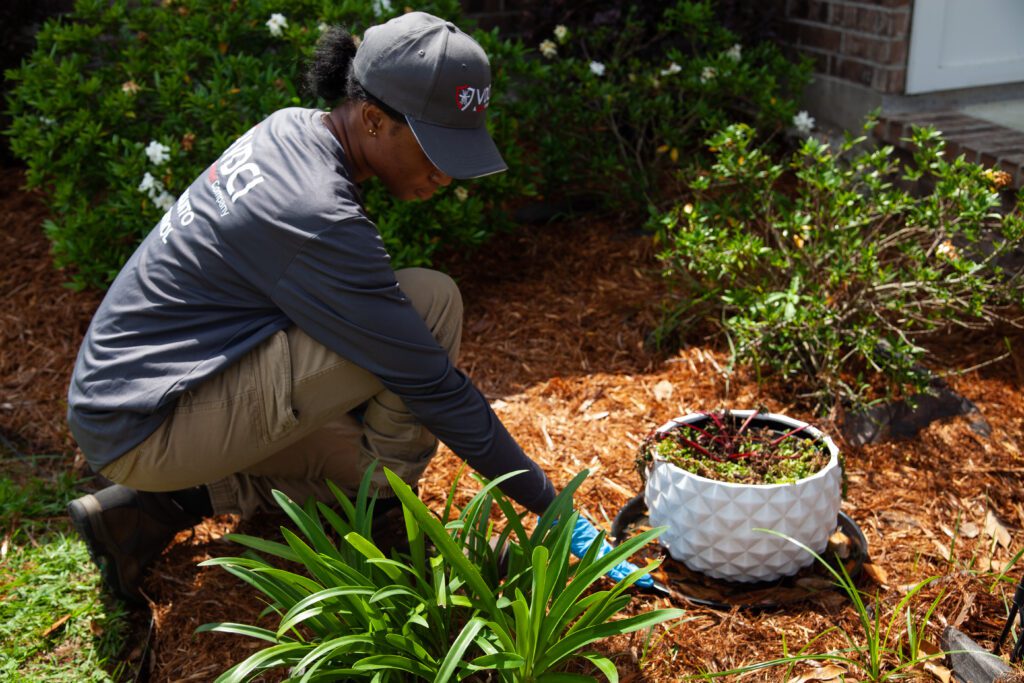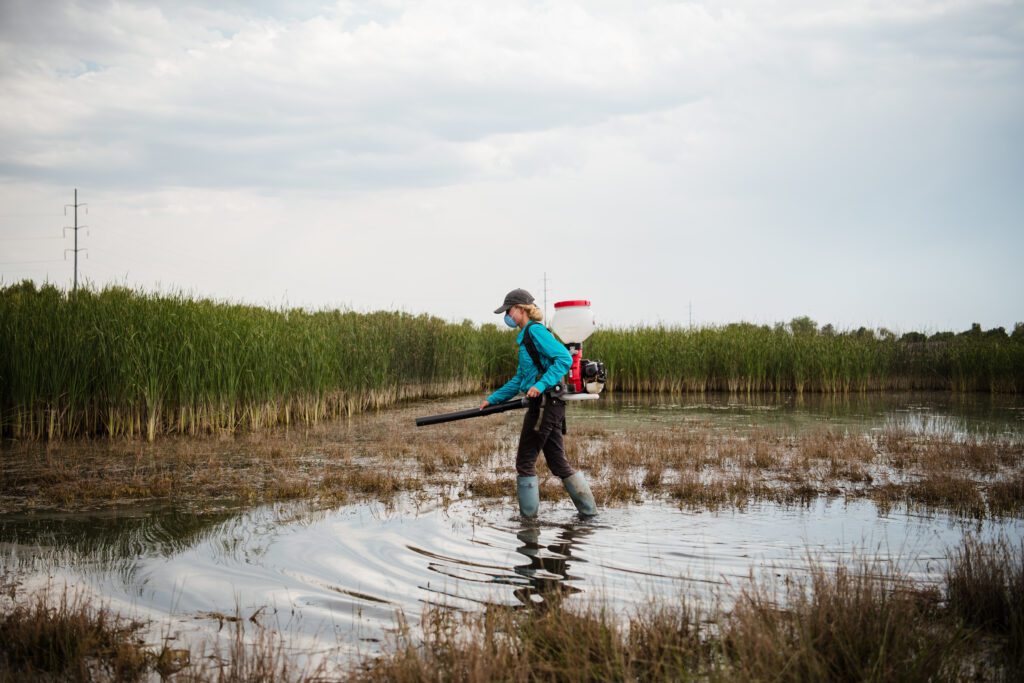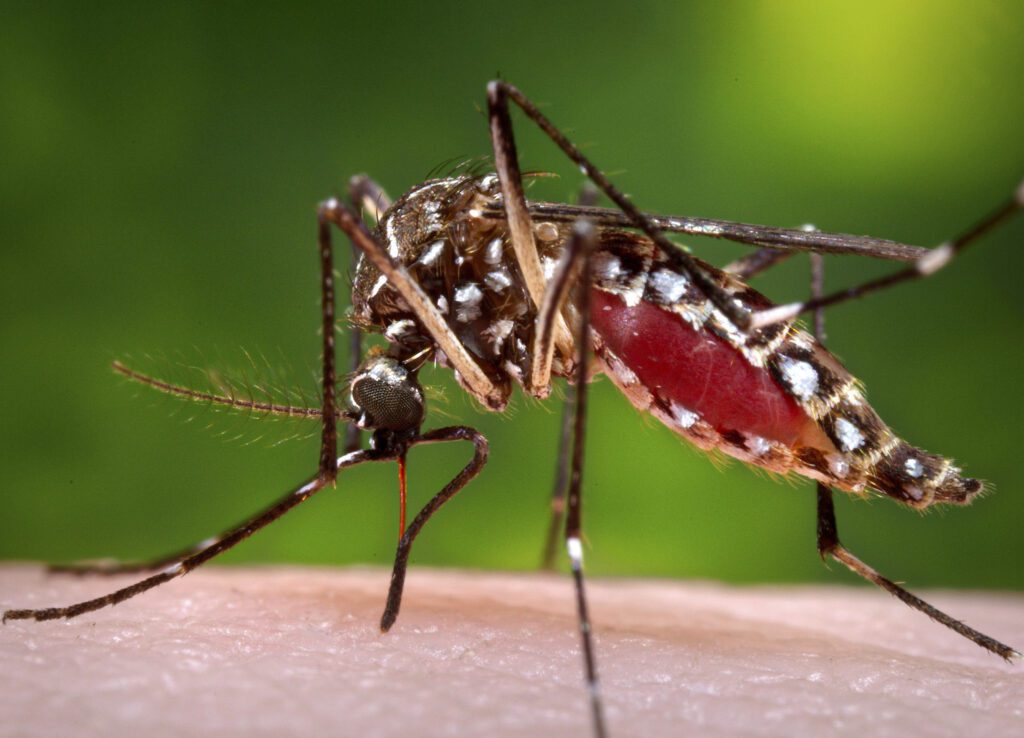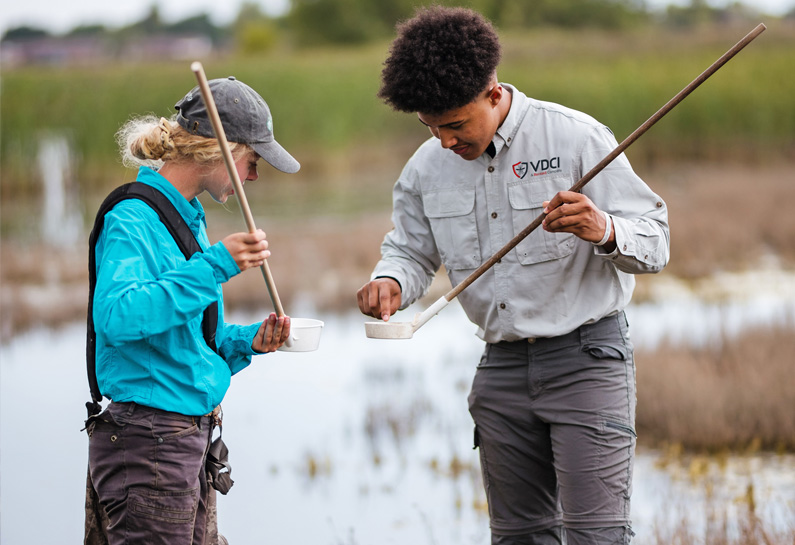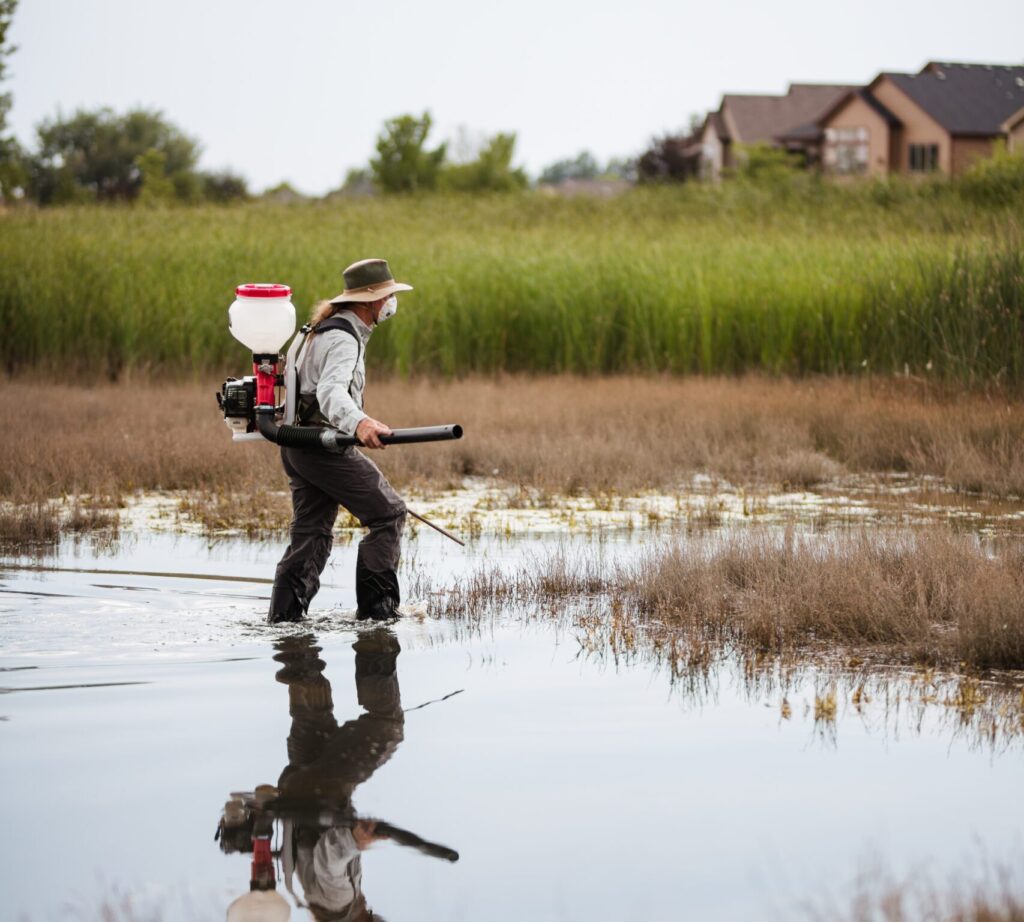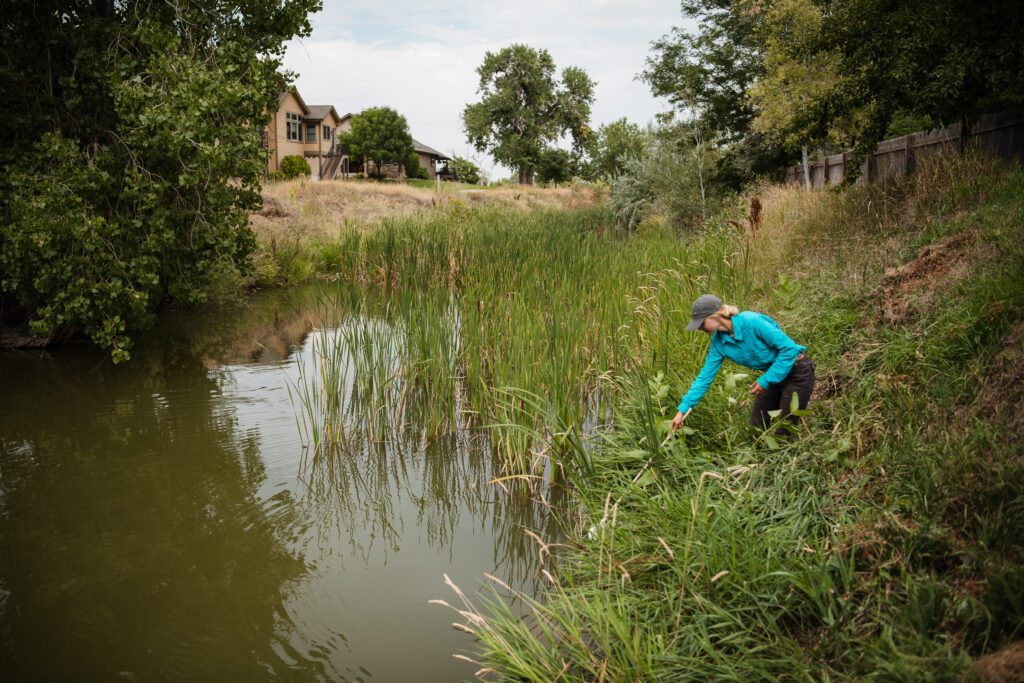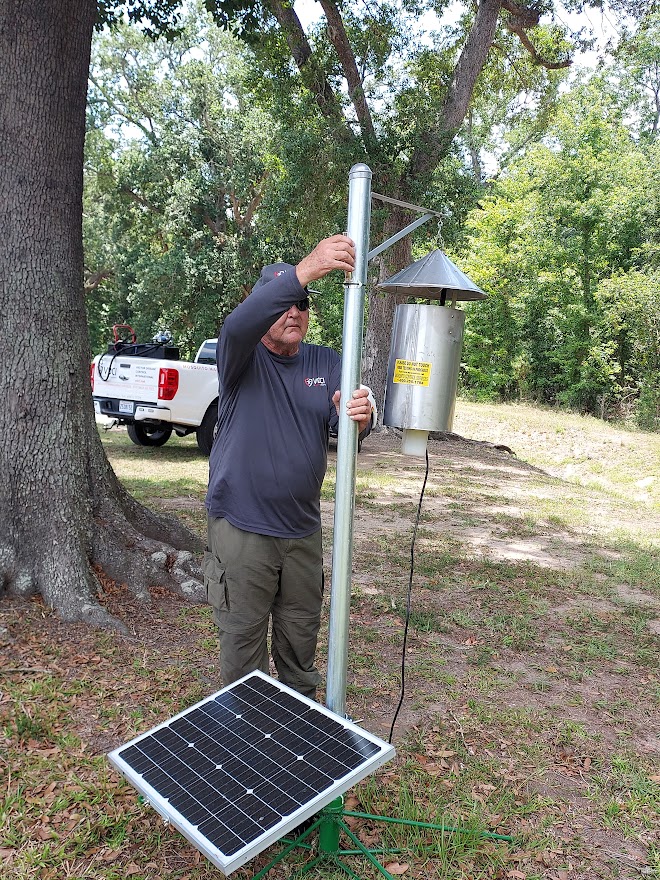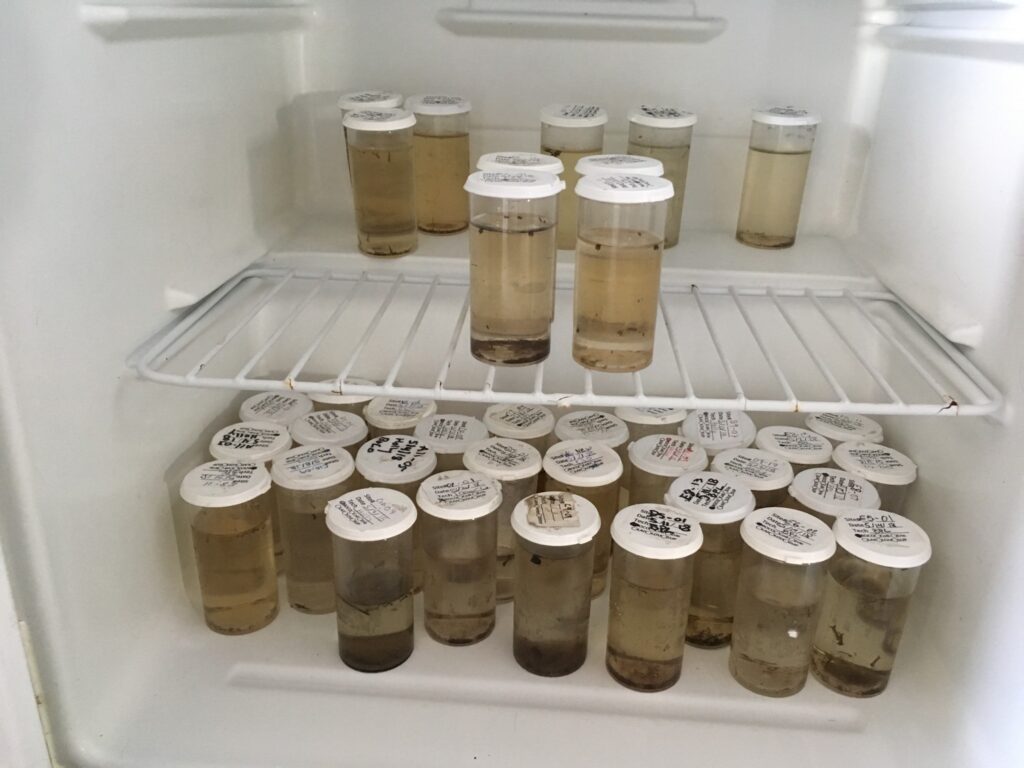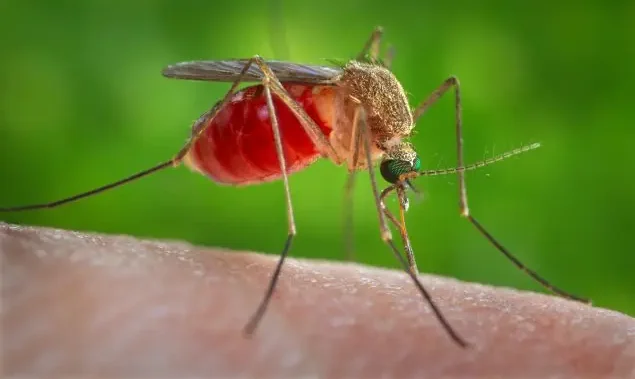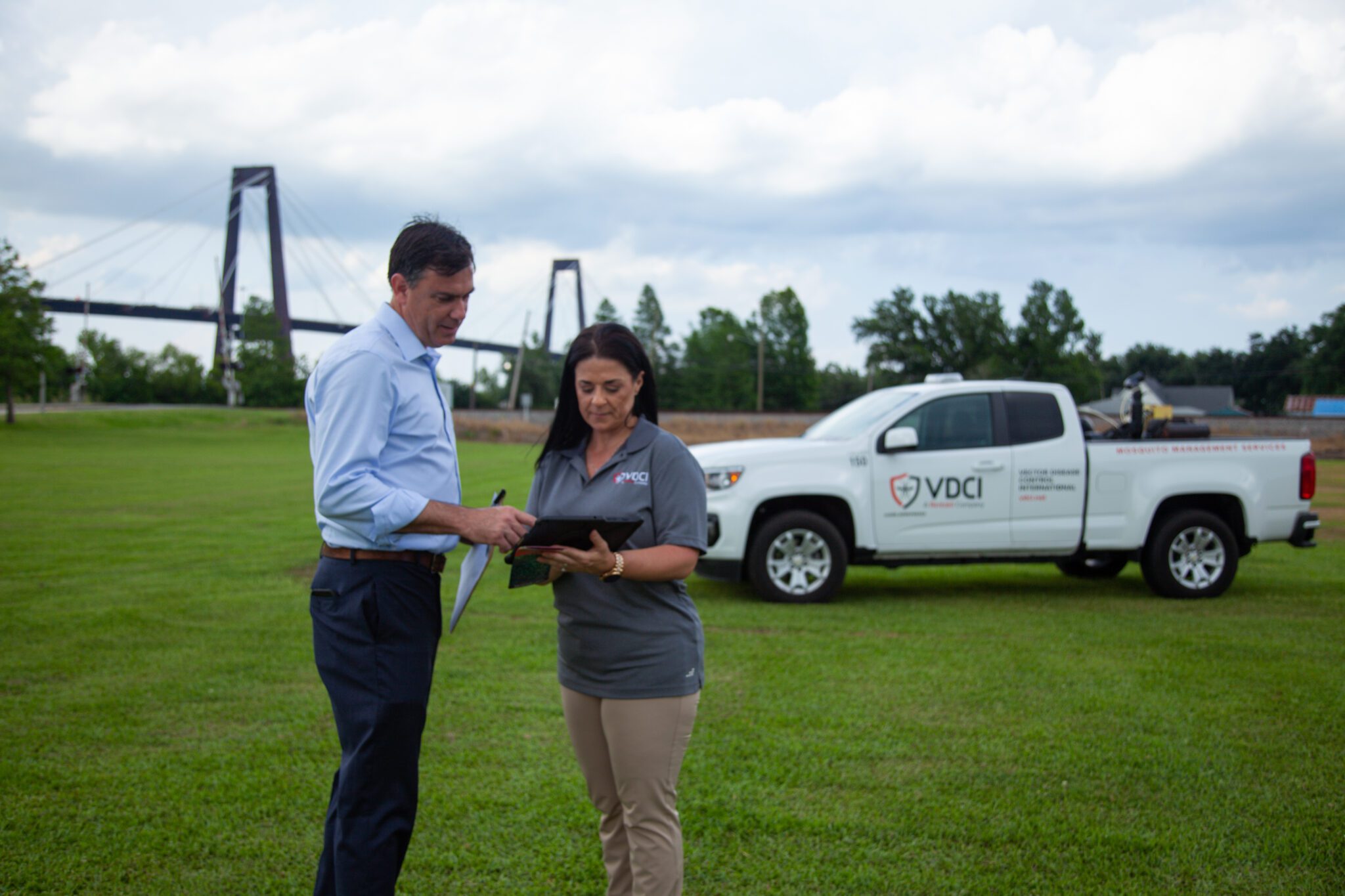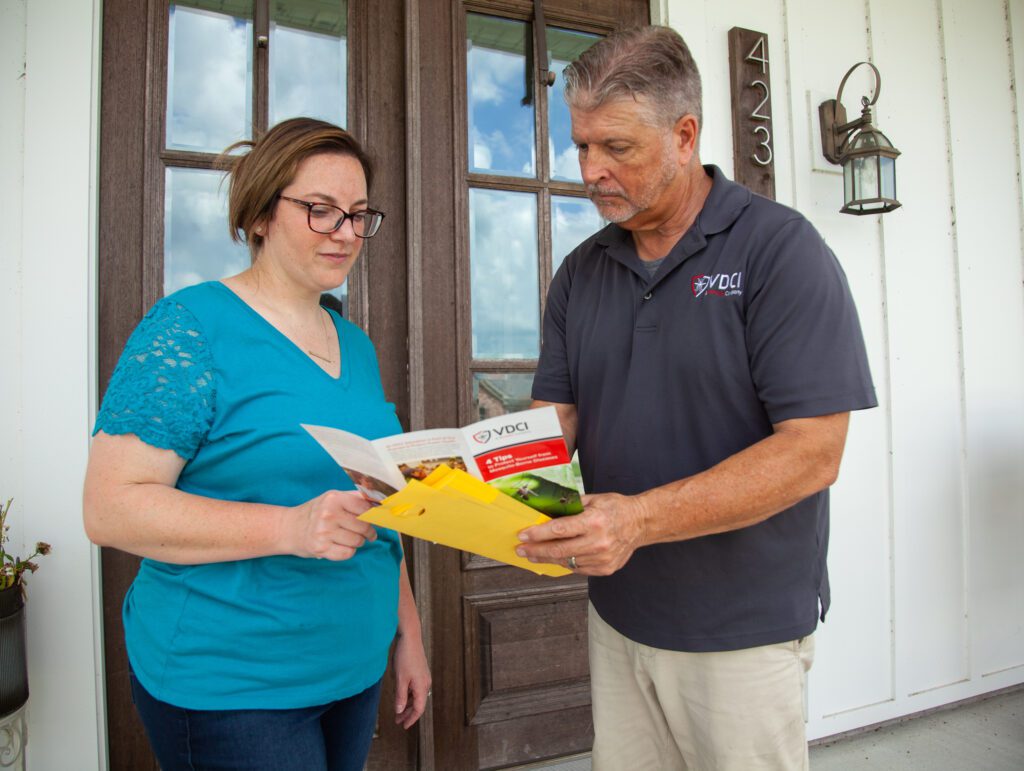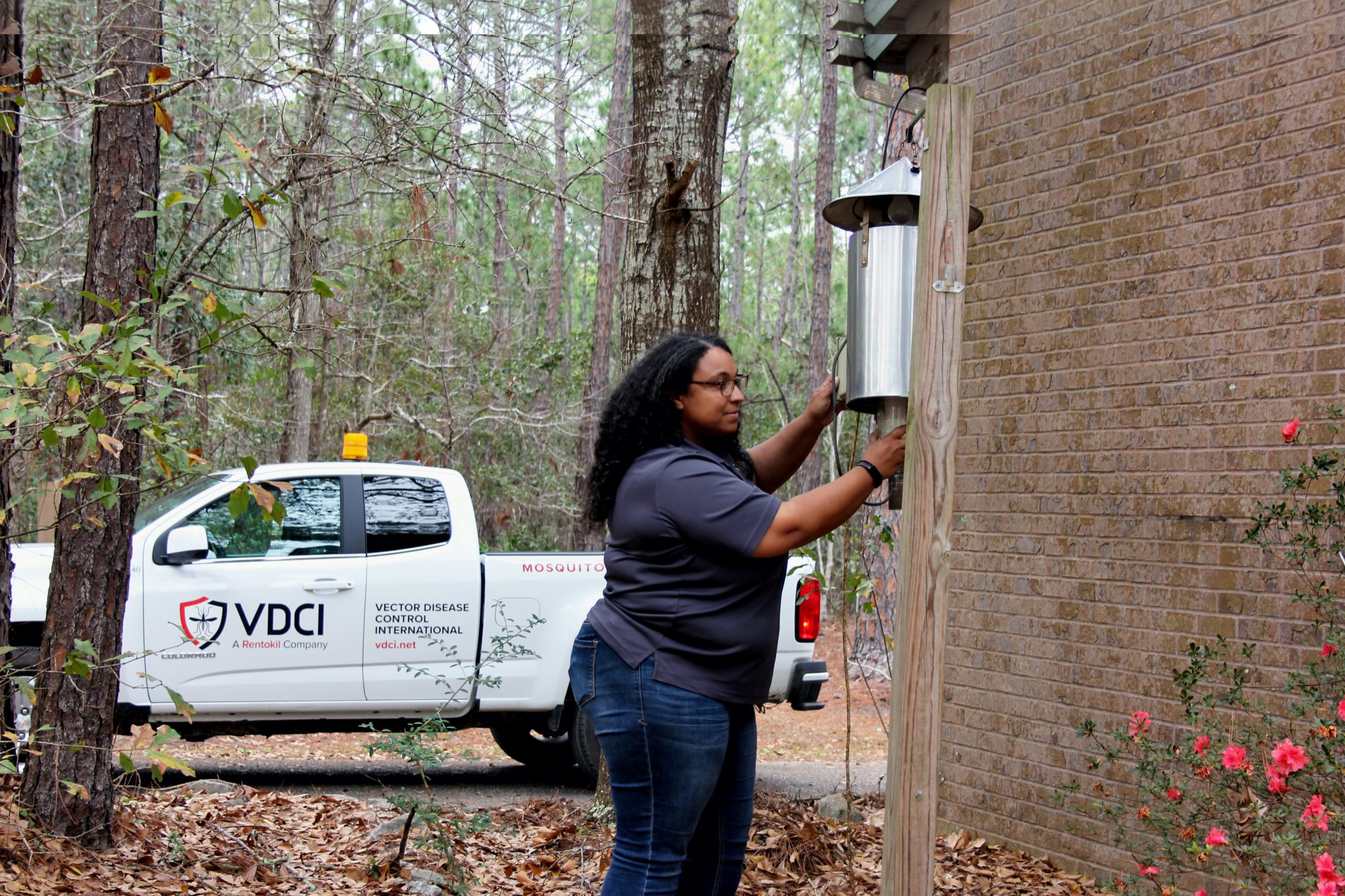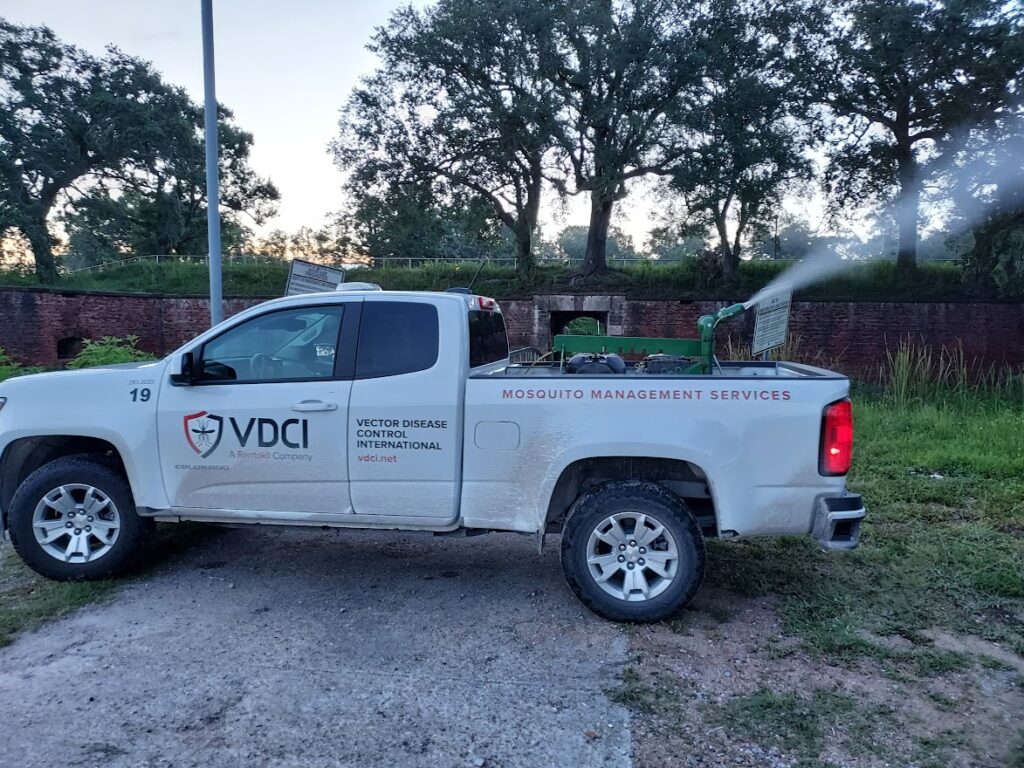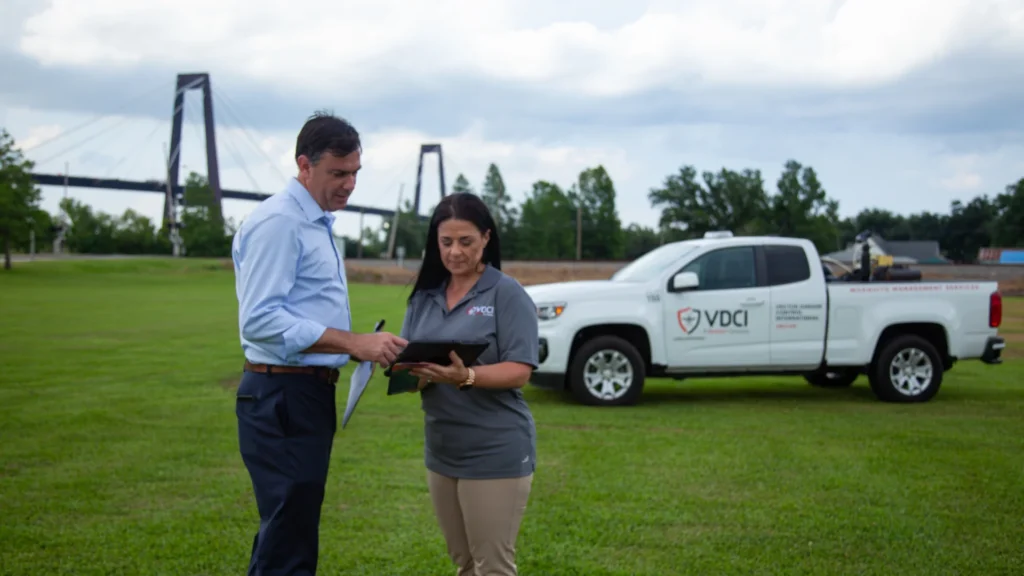What Communities Can Do to Control Mosquito Breeding in Urban Areas
Urban development changes the natural landscape, and while the effects on native plants and wildlife are often discussed, these conversations rarely include mosquitoes. It’s important to understand that whenever environmental conditions shift, mosquito dynamics can also change. And when mosquito dynamics change, new public health risks may emerge.
Hundreds of mosquito species can be found around the globe, each of which are adapted to specific ecological niches. Some, such as “tree-hole” mosquitoes, are typically found in undisturbed, forested areas where they rely on wildlife for blood meals. Others thrive in well-populated urban areas. These mosquitoes breed in standing water that collects in small artificial containers like plant saucers, old tires, outdoor pet bowls, clogged gutters, buckets, and even bottle caps.
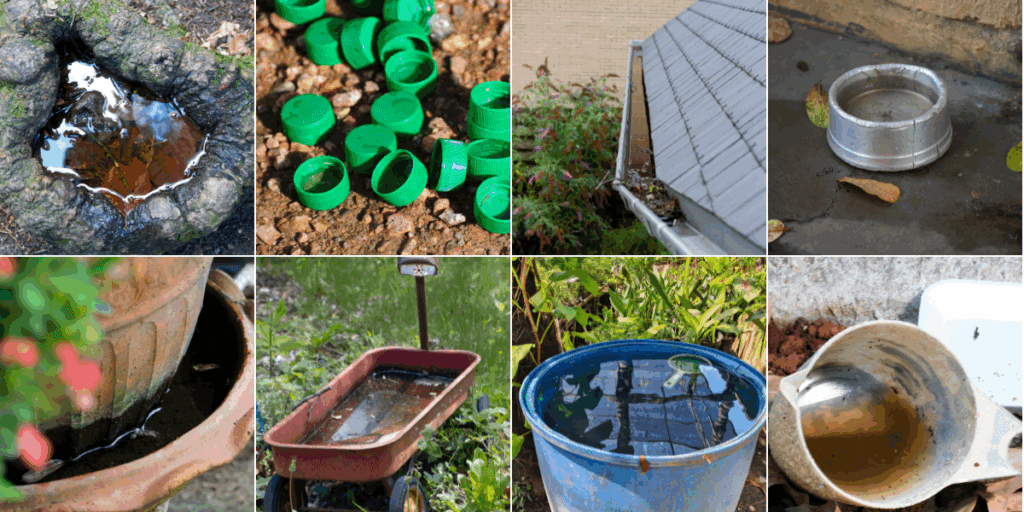
It’s Not About More Mosquitoes — Just Different Ones
It’s natural to assume that urban development causes mosquitoes to move from cities into rural areas, or vice versa. In reality, urbanization tends to reduce the presence of mosquitoes adapted to rural and sylvatic (forests) environments while creating ideal conditions for species that thrive near humans. This shift doesn’t necessarily result in more mosquitoes overall, but it does increase populations of species that are likely to bite humans, causing viruses to spread more widely and rapidly.
Here are some mosquito species and diseases city residents should be aware of:
Culex quinquefasciatus is the primary vector of the most widespread disease in the country, West Nile virus (WNv). Culex quinquefasciatus can also serve as a secondary vector for Oropouche virus (OROV). OROV has been primarily isolated in South American countries like Brazil and Peru since the 1960s, but has spread significantly in a short period. Since 2024, over 120 cases have been identified in the U.S., likely due to travel-related exposure1.
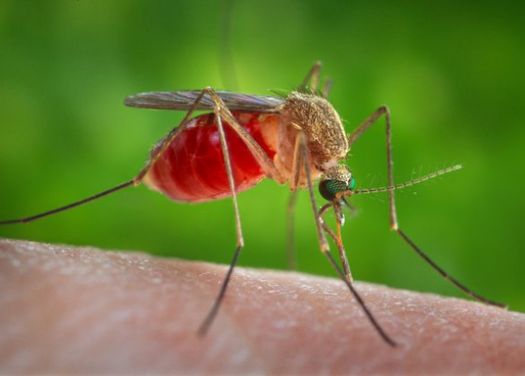
Other urban mosquitoes, including Aedes aegypti and Aedes albopictus, feed primarily on humans. They search for bloodmeals during the day when humans are most active, and are highly efficient vectors of diseases such as dengue, Zika, and chikungunya.
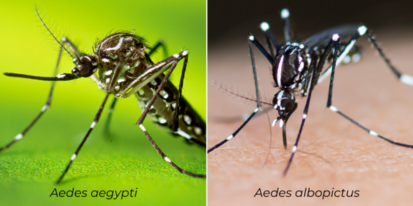
The 4Ds: Protect Yourself from Dangerous Mosquitoes
Whether you live in an urban or rural area, it’s important to protect yourself from biting mosquitoes by practicing the “4 D’s.”

DEFEND
● Use an EPA-approved repellent
● Protect pets with heartworm prevention

DRESS
● Wear light-colored, loose-fitting clothes and closed-toe shoes.
● Apply repellent to exposed skin on hands, ankles, neck, and face.

DRAIN
● Eliminate mosquito breeding sites by emptying standing water in buckets, birdbaths, tarps, plant saucers, and other containers.
● Ensure gutters, flower pots, rain barrels, and stormwater systems drain properly.

DUSK & DAWN
● Limit outdoor activity when mosquitoes are most active - Urban mosquitoes typically feed at dawn and dusk and rest in shaded, cool areas during the day.
Planning Ahead to Protect Public Health
Personal protection goes hand in hand with an Integrated Mosquito Management (IMM) program. These programs are designed to monitor changes in mosquito populations, identify new disease threats, and initiate targeted solutions. Surveillance and disease testing, larval and adult mosquito control, and public education are core pillars of an effective IMM program. Every city and region is different, which is why IMM programs are tailored based on goals, budgets, risk levels, and many other factors.
In many areas, urban development is only accelerating, but with proper planning, communities can stay ahead of mosquito-related threats as landscapes and populations change.
1 Why Is Oropouche Spreading so Fast? | Medscape, published May 19, 2025

Contact Our Experts
Complete the form below or call us at 800-413-4445 to speak to an expert about your mosquito management needs.
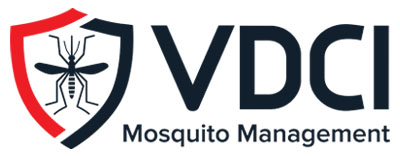 Since 1992, Vector Disease Control International (VDCI) has taken pride in providing municipalities, mosquito abatement districts, industrial sites, planned communities, homeowners associations, and golf courses with the tools they need to run effective mosquito control programs. We are determined to protect the public health of the communities in which we operate. Our mosquito control professionals have over 100 years of combined experience in the field of public health, specifically vector disease control. We strive to provide the most effective and scientifically sound mosquito surveillance and control programs possible based on an Integrated Mosquito Management approach recommended by the American Mosquito Control Association (AMCA) and Centers for Disease Control and Prevention (CDC). VDCI is the only company in the country that can manage all aspects of an integrated mosquito management program, from surveillance to disease testing to aerial application in emergency situations.
Since 1992, Vector Disease Control International (VDCI) has taken pride in providing municipalities, mosquito abatement districts, industrial sites, planned communities, homeowners associations, and golf courses with the tools they need to run effective mosquito control programs. We are determined to protect the public health of the communities in which we operate. Our mosquito control professionals have over 100 years of combined experience in the field of public health, specifically vector disease control. We strive to provide the most effective and scientifically sound mosquito surveillance and control programs possible based on an Integrated Mosquito Management approach recommended by the American Mosquito Control Association (AMCA) and Centers for Disease Control and Prevention (CDC). VDCI is the only company in the country that can manage all aspects of an integrated mosquito management program, from surveillance to disease testing to aerial application in emergency situations.



